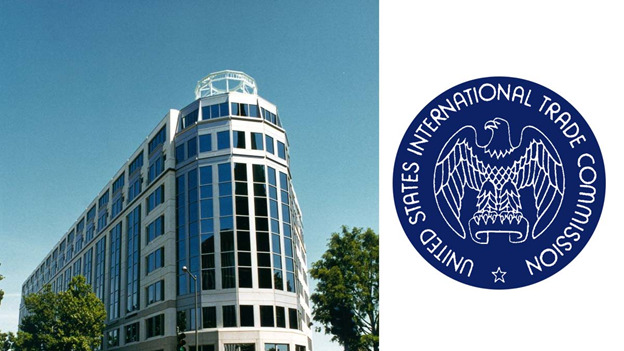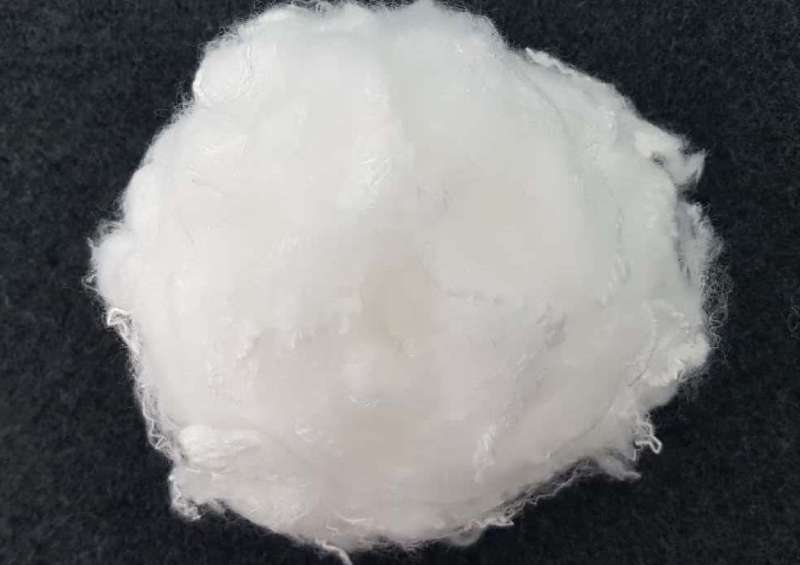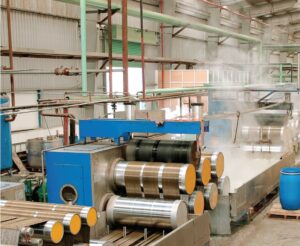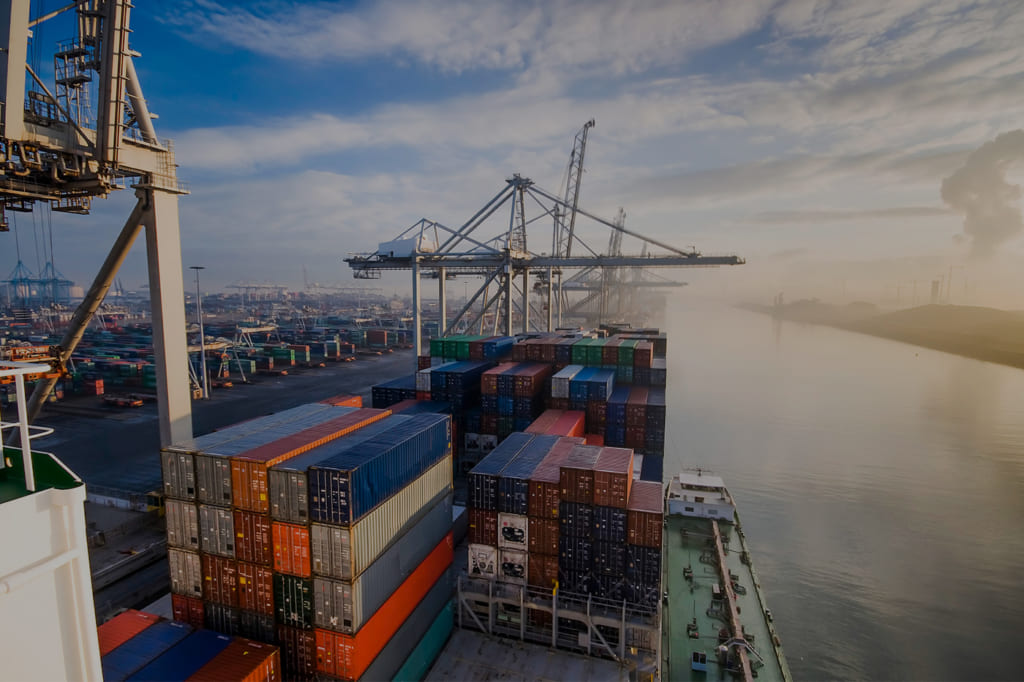What is anti-dumping?
Anti-dumping measures are justified by Article VI of the General Agreement on Tariffs and Trade (GATT) 1994, which allows such measures to be applied when imported goods are sold below fair market prices, causing significant damage or potentially damaging a domestic industry. In addition, countervailing measures can be taken in response to the negative impact of subsidies on a particular industry. Safeguard measures also allow temporary duties to be imposed on imports that are causing or are likely to cause significant damage to the domestic manufacturing industry, regardless of the fairness of the imported goods.
Anti-dumping trends around the world
Of the three trade remedies, anti-dumping, anti-subsidy and safeguard, anti-dumping is by far the most commonly used. Indeed, nearly every major trading country employs anti-dumping measures. Anti-dumping skyrocketed in 2000 and 2001, and recently we are seeing more anti-dumping lawsuits. In the first 5 years of the WTO agreement, the European Union, the United States and South Africa were the three countries that used anti-dumping measures the most. Since then, India has become the largest user, while developing countries are increasingly using it. The top target of the investigation was China (the largest exporter), followed by South Korea and the United States. Anti-dumping measures against Japan have declined significantly over the past decade, and Japan rarely imposes anti-dumping measures.
Every WTO member is allowed to use anti-dumping measures, but affected industries must provide evidence of damage and cooperate with authorities to determine whether such measures are warranted.
Enforcement of anti-dumping measures
Member countries of the World Trade Organization (WHO) are required to comply with the provisions of the General Agreement on Tariffs and Trade 1994 (GATT 1994) as well as the WTO anti-dumping agreement. The WTO monitors the implementation of anti-dumping measures to ensure conformity and allows WTO members to raise concerns about antidumping actions by other members through the Committee on Anti-dumping Practices. Dumping refers to pricing strategies adopted by individual exporters, where certain exporters engage in such activities while others do not. A typical scenario involves exporters charging prices in foreign markets lower than domestic markets or pricing their products below the cost of production.
A country decides whether dumping is damaging based on WTO agreements. Each country establishes a fact-finding neutral investigative body to fully explain the need for anti-dumping measures. Decisions can be challenged and rule violations can lead to trade retaliation. The domestic manufacturing industry must request the initiation of anti-dumping investigations, provide sufficient evidence and fully cooperate with the investigating authorities.
Vietnam’s polyester fiber industry will be investigated by the US for anti-dumping in 2024
The US is currently the 3rd largest import market of Vietnamese polyester fiber after South America and Europe. According to data from the Import-Export Department (Ministry of Industry and Trade), in the first 2 months of the year, the export value of polyester fiber to the US reached 30.4 million USD, equivalent to 24,598 tons, up 155% in volume and 508% in value over the same period in 2023.
Besides positive growth, this industry is also struggling. Recently, the Trade Remedy Department, Ministry of Industry and Trade said that the US International Trade Commission (USITC) has initiated a global safeguard investigation with the product Fine Denier Polyester Staple Fiber (Fine Denier Polyester Staple Fiber) with HS code. 5503.20.0025.
The case was initiated by USITC on Feb. 28 following a petition from U.S. manufacturers of polyester staple fibers including Fiber Industries LLC d/b/a Darling Fibers; Nan Ya Plastics Corp., America and Sun Fiber LLC.
The plaintiff alleges that imports of staple fibers from polyester have increased sharply compared to domestic production and consumption, causing serious losses and affecting the domestic industry.
On March 11, 2024, the Trade Remedies Bureau (PVTM) received a notification from the World Trade Organization (WTO) that the United States International Trade Commission (USITC) initiated a global safeguard investigation into Fine Denier Polyester Staple Fiber.
The Trade Remedy Bureau said that, according to the USITC notice, the parties have 21 days (from the date of publication of the Federal Gazette) to register and receive information about the case. USITC plans to hold 1 consultation session on damages and 1 consultation session on applicable remedy.
For the damage consultation session (scheduled for June 4, 2024), the deadline to apply is May 24, 2024, the deadline to submit comments on the content is May 28, 2024. For the consultation session on the applicable measure (scheduled for July 23, 2024), the deadline to apply is July 17, 2024 and the deadline to submit comments on this content is July 16, 2024.
If not registered, parties can still file comments on damages by June 11, 2024 and on measures applicable by July 29, 2024.
USITC is scheduled to issue a finding of damages on July 9 and will report to the President for consideration and decision within 180 days of filing, scheduled for Aug. 26.
Previously, in 2017, this product was investigated by the US for anti-dumping with South Korea, India, China, Taiwan and Vietnam; anti-subsidy investigations with China and India. Thereafter, Vietnam was excluded from the scope of the investigation at the request of the plaintiff. Currently, products from the above-mentioned countries and territories (except Vietnam) are still subject to anti-dumping and anti-subsidy duties.
According to USITC data, in the period of 2021 – 2023, the export turnover of investigated products from Vietnam to the US is approximately 5.9 million USD. In 2023 alone, it will be $5.2 million, ranking 8th among exporting countries to the U.S. and accounting for 3% of the total share of imports to the U.S.
It is known that the US is the country that investigates trade remedies the most in the world. At the same time, it is the country that investigates trade remedies the most for Vietnam with a total of more than 50 defense investigations including anti-dumping, anti-subsidy, self-defense, anti-trade remedy evasion.
An overview of the 2024 U.S. Vietnam polyester fiber investigation
- Date of initiation of investigation: February 28, 2024.
- File Number: Investigation No. TA-201-078
- Item under investigation: Fine Denier Polyester Staple Fiber with HS Code: 5503.20.0025.
- Plaintiffs: U.S. manufacturers of artificial polyester staple fibers, including: Fiber Industries LLC d/b/a Darling Fibers; Nan Ya Plastics Corp., America; and Sun Fiber LLC.
- Defendants:
- Alok Industries Limited
- Delegation of the European Union – Washington, District of Columbia United States of America
- European Man-made Fibres Association
- Frontier Yarns, Inc.
- Gildan Yarns LLC
- Government of Canada
- Government of Malaysia – Kuala Lumpur, Not Applicable Malaysia
- Government of Mexico
- Government of the Republic of Turkey
- Ministry of Trade, Industry and Energy
- Recron (Malaysia) Sdn Bhd
- Reliance Industries Limited
- Reliance Polyester Limited
- Royal Thai Government
- SASA Dış Ticaret AŞ
- Toray Advanced Materials Korea, Inc.
- Trade Remedies Authority of Viet Nam
Vietnamese manufacturers/exporters interested in the case may submit a written response at the following USITC website: https://dropbox.usitc.gov/oinv/Pin: FDEN
In addition, other relevant information about the case is posted at the website: https://ids.usitc.gov/case/8180/investigation/8532. For documentation, please contact us.
Regarding the above issue, PVTM and VCOSA recommend related manufacturing and exporting enterprises:
– Continue to closely monitor the development of the case; diversification of markets and exports;
– Actively research and master regulations, order and procedures for global safeguard investigation;
– Actively register an account at the USITC Web Portal (https://www.usitc.gov/) to update information and submit documents and documents related to US investigative agencies (if any);
– Strictly and fully comply with requests for information provided by US investigative agencies, consider participating in answering questionnaires on time;
– Coordinate closely with PVTM and Vietnam Cotton and Yarn Association (VCOSA) throughout the process of the case.








